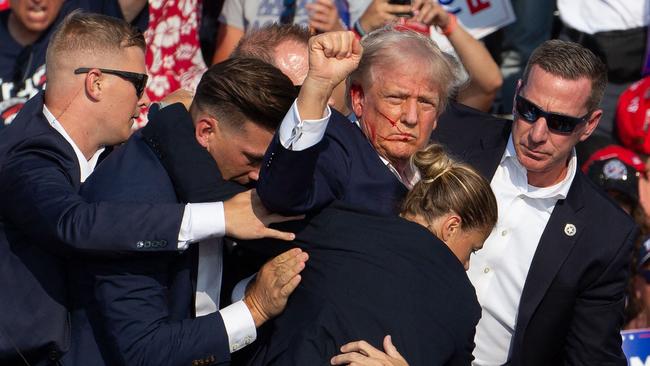
Parts of left-wing social media no doubt would have remembered Thomas Matthew Crooks in the same breath as Colonel Claus von Stauffenberg: as men who gave their lives to kill a wicked leader.
Both attempts were desperately close to success. On July 20, 1944, at the Wolf’s Lair, Hitler’s military headquarters in Prussia, Stauffenberg sat in a toilet cubicle to set a timer on a bomb that was to kill Hitler. Carrying the device in a briefcase, he placed it as close to the fuhrer as possible, under a large conference table.
Using a vital phone call as an excuse, Stauffenberg left the meeting, drove away and heard the bomb explode. He assumed Hitler was dead. Hitler was not. Battered and bruised, his face blackened, a deafened Hitler groped his way through the smoke. Fighting for breath, he gasped: “I am alive. That was the hand of providence.”
I offer this analogy to underscore not how similar Trump is to Hitler, despite what his running mate once said. But, rather, how chance and luck – good and bad – often decide history.
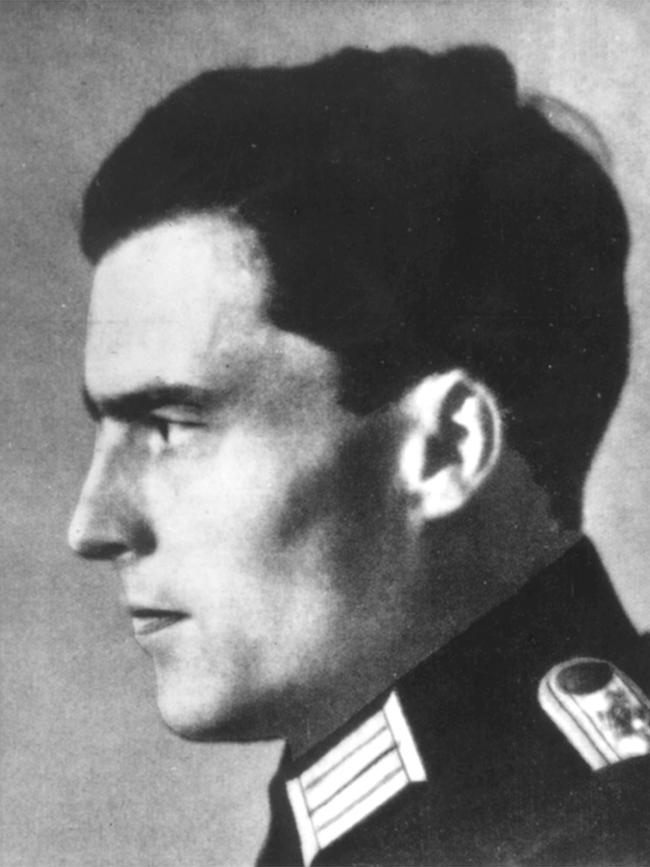
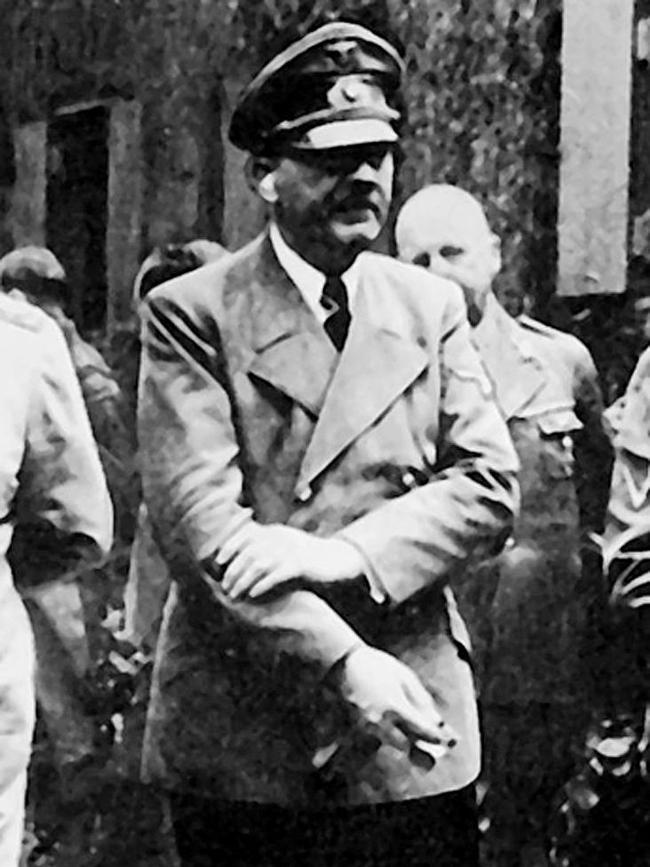
I’ve spent a career in the social sciences. We tend to favour big causes of things. The economic determinism of Karl Marx was an inescapable part of the humanities for 150 years. Today, class-based analysis has been eclipsed by research programs setting out to show the explanatory power of race and/or gender. Entire university careers can be spun out sifting data to fit a chosen structural theory. Critical race theory is in vogue, especially in the US.
Its proponents claim that all issues, from the everyday interactions of men and women to global inequalities, can (and must) be tied to the racism of white people. In the Anglophone West you would be hard-pressed to find a college campus or government department that does not pay some sort of homage to this theory. It is only a theory, after all.
Many disciplines do something similar with patriarchy. It has become a meta-cause of various social injustices. Patriarchy must be smashed. Ditto “toxic masculinity”. Again, a big cause can and must be moulded to fit the effect requiring one. Every modern social science has its bogey person – the big structural nemesis demanding defeat.
But Trump’s narrow escape has no big structural explanation. He was plain lucky. He moved his head, just as Hitler stood at the strongest part of the table, at just the right moment.
Academics hate this stuff. We are uneasy with the unexpected, the contingent and the accidental.
We dismiss it as too epiphenomenal – as too unrelated to the big structural pressures we need to be manifest. To have world history turn on the turning of Trump’s head is impossible to model, measure and predict.
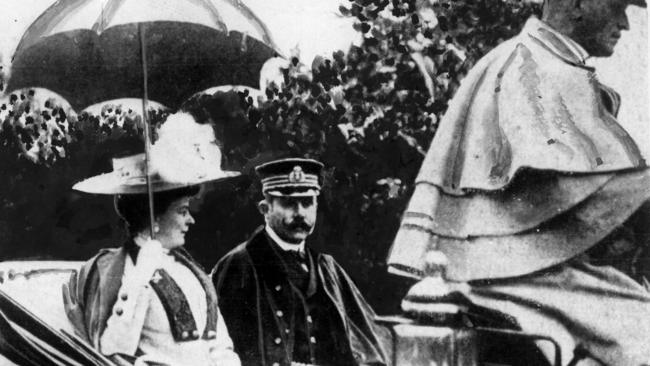
We are still too close to know how the events in Pennsylvania will be remembered. But already, like those in Dallas on November 22, 1963, large causes, even conspiracies, are being found for what was simply one insignificant young man choosing to kill his significant peer.
The real agents of history turn out to be men such as John Wilkes Booth (who killed president Abraham Lincoln), Gavrilo Princip (who killed Archduke Franz Ferdinand), and Lee Harvey Oswald (who killed president John F. Kennedy).
The structure within which each man acted is a historical curiosity, incidental or irrelevant. Their skill, and certainly their luck, changed history. So why, in our explanations of events, do we grasp for structure over agency?
One important reason, I think, is ideological: agency as explanation makes people accountable for their actions. Oppressed people cannot be responsible for, much less accountable, for their oppression. Intersectionality, the faux science of progressive academia, fits everyone on to an oppressor v oppressed scale.
This leads to a contemporary discourse where the individual is exculpated from the consequences of his poor decisions. George Floyd, for example, did not make dumb life choices leading to him to Minneapolis that 2020 day. His killing could not simply be a chance encounter with a bad cop. Rather, his fate was explicable wholly in terms of the racism of the city’s police, itself part of the “white supremacy” and “structural racism” of the wider system. For the left, his agency was irrelevant; he had none.
A second related reason is the need to condemn a “great man” theory, that the history of the world is but the biography of great men. The new left recoils at the notion that great white men are the engines of history – what about all the forgotten women and people of colour? – while claiming these individuals are the progenitors of contemporary injustice.
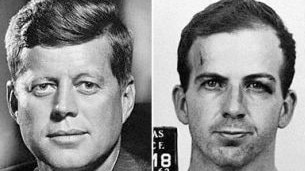
The irony is the left’s implicit faith in the diagnosis of history as an inescapable structural force by one of history’s greatest men: a 19th-century Jewish economic theorist called Marx.
A third reason we prefer structure to agency is psychological. It is much more reassuring to blame society for what ails us than to admit that miscalculation and bad luck account for our lot. The popularity of psychology as an academic discipline, especially among young women, speaks to a deep-seated need for answers that religious faith used to provide. Instead of individual repentance for sin as a guarantor of salvation, we now encourage groups to find blame in structures they cannot control but must work to change.
Life and death do not work this way. I’d wager your greatest love and profoundest tragedy will have more to do with chance and fate (the goddess worshipped by Romans as Fortuna) than to any systemic, structural or social force.
Yet we have built a culture on a misplaced sense of mastery, that we can control the weather, that gender is fluid, that grand theories are better than simple explanations for the death of kings and survival of presidential candidates.
Timothy J. Lynch is professor of American politics at the University of Melbourne.








Had Donald Trump’s would-be assassin been more historically literate, he might have waited until July 20 to make his move. On that day, 80 years ago, Adolf Hitler narrowly avoided assassination.